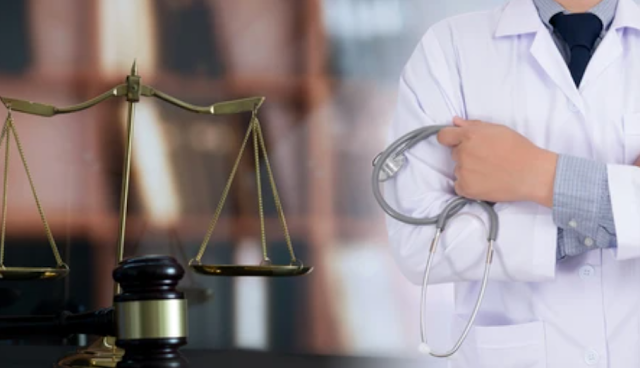Expert Witnesses in Medical Negligence Cases: Their Role and Importance

Expert Witnesses in Medical Negligence Cases: Their Role and Importance
Expert witnesses play a critical role in medical negligence cases by providing their professional expertise and opinions to assist the court in understanding complex medical issues. These individuals are typically highly qualified and experienced healthcare professionals who specialize in the same or related field as the defendant healthcare provider. Expert witnesses help to establish the standard of care, assess whether it was breached, and determine whether the breach caused harm to the patient.
Here's a detailed explanation of the role and importance of expert witnesses in medical negligence cases:
Establishing the Standard of Care:
The standard of care refers to the level of care, skill, and diligence that a reasonably competent healthcare professional in the same field would provide under similar circumstances. Expert witnesses provide their knowledge and experience to help the court understand what the standard of care should have been in the specific case at hand.
Evaluating Breach of the Standard of Care:
Expert witnesses review the facts of the case, including medical records, test results, and other relevant evidence, to determine whether the defendant healthcare provider deviated from the standard of care. They offer their professional opinion on whether the defendant's actions or omissions fell below what is expected of a competent healthcare professional.
Causation Assessment:
Expert witnesses play a crucial role in establishing the causation element of a medical negligence claim. They assess whether the defendant's breach of the standard of care directly caused or significantly contributed to the patient's injuries or harm. This analysis requires a thorough understanding of the medical facts, the patient's condition, and the likely outcomes under different scenarios.
Educating the Court and Jury:
Medical negligence cases often involve complex medical concepts and terminology that may be challenging for the court and jury to understand without the assistance of experts. Expert witnesses simplify and explain these concepts in a way that is accessible to the non-medical members of the legal proceedings. Their testimony helps the court and jury make informed decisions based on a clear understanding of the medical issues involved.
Strengthening the Plaintiff's Case:
In medical negligence cases, expert witnesses can be instrumental in strengthening the plaintiff's case by providing compelling testimony based on their expertise. Their opinions and interpretations of the medical evidence can bolster the plaintiff's claims and increase the chances of a favorable outcome.
Challenging Defense Arguments:
Expert witnesses also play a vital role in challenging the defense's arguments and expert witnesses. They may provide alternative opinions, highlight inconsistencies, or refute assertions made by the defense's expert witnesses. This can help to undermine the defense's case and strengthen the plaintiff's position.
Expert Witness Selection:
The selection of expert witnesses is crucial in medical negligence cases. Attorneys carefully choose experts who possess the necessary qualifications, credentials, and experience in the specific medical field relevant to the case. The credibility and reputation of the expert witness can significantly impact the weight given to their testimony.
Expert Witness Testimony:
Expert witnesses provide testimony both through written reports and by appearing in court as witnesses. They present their opinions, explain the basis for their conclusions, and undergo cross-examination by opposing counsel. Their role is to objectively present their expert opinions to assist the court in reaching a fair and informed decision.
Importance in Settlement Negotiations:
Expert witnesses can also influence settlement negotiations. Their opinions provide objective assessments of the strengths and weaknesses of the case, which can guide the parties involved in determining the appropriate settlement amount based on the potential outcomes if the case were to proceed to trial.
Admissibility of Expert Testimony:
Courts typically evaluate the admissibility of expert testimony using standards such as the Daubert standard or Frye test. These standards ensure that the expert's testimony is based on reliable principles and methods and is relevant to the issues in the case.
In summary, expert witnesses are essential in medical negligence cases as they provide their specialized knowledge, experience, and opinions to help the court and jury understand complex medical issues. Their role in establishing the standard of care, evaluating breaches, assessing causation, educating the court, challenging defense arguments, and strengthening the plaintiff's case is crucial in pursuing a successful outcome in medical negligence litigation.
In summary, expert witnesses are essential in medical negligence cases as they provide their specialized knowledge, experience, and opinions to help the court and jury understand complex medical issues. Their role in establishing the standard of care, evaluating breaches, assessing causation, educating the court, challenging defense arguments, and strengthening the plaintiff's case is crucial in pursuing a successful outcome in medical negligence litigation.














No comments